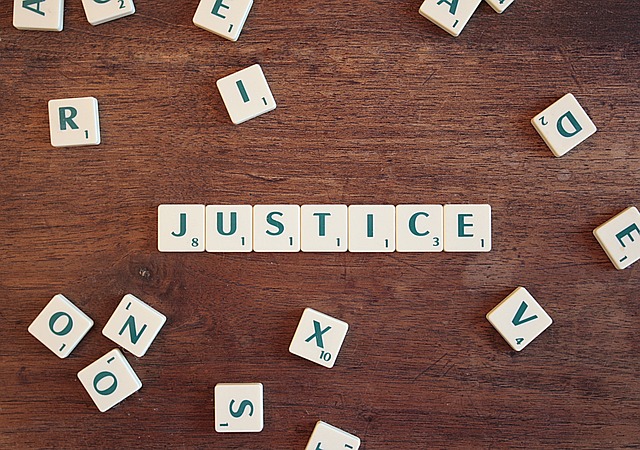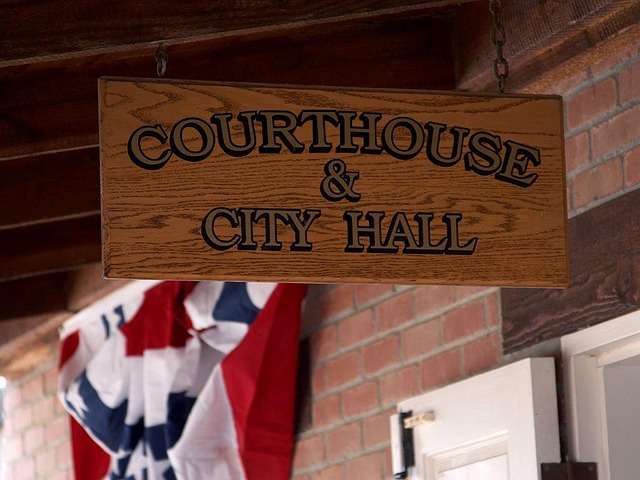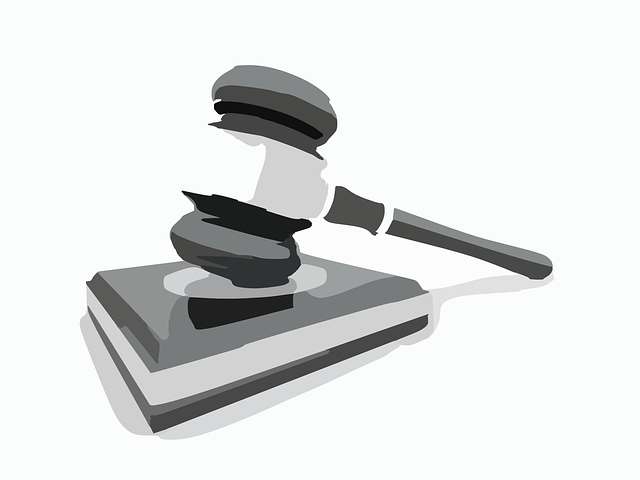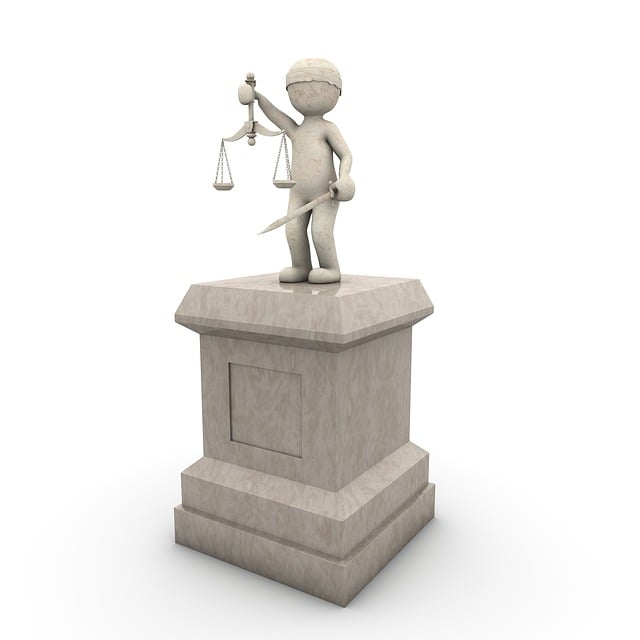Prior convictions wield significant influence over sentencing outcomes in corporate crime cases, with judges considering them a strong indicator of criminal propensity. This history shapes the severity of punishment alongside the current offense's nature and extent, impacting societal perceptions of justice. Both prosecutors and defenders strategize to mitigate these impacts through various legal arguments, while understanding prior convictions' role is crucial for effective navigation within complex legal frameworks. Real-world case studies reveal that a company's past legal issues can lead to stricter sanctions for subsequent offenses, but demonstrating correction may result in more favorable outcomes, emphasizing the importance of prior criminal records in sentencing.
Corporate Crime Investigations delve into the complex world of white-collar crime, where understanding prior convictions plays a pivotal role in sentencing. This comprehensive overview explores how previous criminal records influence legal proceedings, impacting strategies for defense and prosecution. We examine the legal implications, mitigate recidivism, and present real-world case studies to illustrate the profound effects of prior convictions on sentencing outcomes. Discover key insights into navigating these intricate investigations.
- Understanding Corporate Crime Investigations: A Comprehensive Overview
- The Role of Prior Convictions in Sentencing: Legal Implications
- Impact on Criminal Proceedings: Strategies for Defense and Prosecution
- Mitigating Factors and Sentencing Alternatives for Recidivist Offenders
- Case Studies: Examining Real-World Examples of Prior Conviction Effects
Understanding Corporate Crime Investigations: A Comprehensive Overview

Corporate Crime Investigations delve into complex and sensitive matters where businesses and their executives face legal scrutiny for illicit activities. Understanding this process is crucial for navigating the legal landscape and mitigating potential risks. These investigations often stem from allegations of fraud, corruption, or violations of environmental and labor laws, among others. The intricate nature of these cases requires a meticulous approach, involving extensive data analysis, witness interviews, and evidence collection.
One critical aspect that influences sentencing outcomes is the history of prior convictions within a respective business or its executives. How prior convictions affect sentencing plays a significant role in determining the severity of punishment. This factor, along with the nature and extent of the current offenses, shapes the strategic approach for winning challenging defense verdicts. The interplay between legal precedents and the specific circumstances of each case creates a complex environment where both prosecutors and defenders must showcase their expertise and advocacy skills to achieve favorable outcomes in the philanthropic and political communities.
The Role of Prior Convictions in Sentencing: Legal Implications

Prior convictions play a significant role in shaping sentencing outcomes in corporate crime investigations. When a defendant has a history of criminal activity, it introduces several legal implications that can impact their sentence. Judges often consider prior convictions as a factor to determine the severity of punishment, with each subsequent offense potentially leading to longer sentences or more stringent penalties. This is because repeat offenders are perceived as posing a higher risk to society and less deserving of leniency.
Moreover, the presence of prior convictions can influence the overall approach to justice within the philanthropic and political communities. These communities often scrutinize how sentencing reflects societal values and the effectiveness of criminal justice systems. In all stages of the investigative and enforcement process, lawyers for their clients may attempt to mitigate the impact of prior convictions by presenting mitigating circumstances or arguing for alternative sentences. However, the weight given to these arguments varies based on jurisdiction and the specific legal framework governing corporate crime investigations.
Impact on Criminal Proceedings: Strategies for Defense and Prosecution

In corporate crime investigations, the impact on criminal proceedings is profound, with strategies for both defense and prosecution playing a pivotal role in shaping the outcome. Prior convictions significantly affect sentencing outcomes, providing a clear indicator of a defendant’s propensity for criminal behavior. This history can influence the severity of the punishment, as courts often use it to determine the appropriate sentence length. The defense strategy may involve challenging the admissibility of such evidence, arguing that it could lead to unfair bias against the accused. Conversely, prosecutors leverage these prior convictions to strengthen their case, aiming to demonstrate a pattern of illegal activities and thus warranting stricter penalties.
An unprecedented track record in achieving extraordinary results is on display when both sides employ sophisticated legal tactics. Jury trials become arenas where each party presents their narrative, with the jury deciding the fate of the accused. The defense might focus on mitigating circumstances, while prosecutors highlight the severity of the crime and its potential impact on society. In these high-stakes scenarios, achieving extraordinary results often hinges on meticulous preparation, expert witness testimonies, and compelling arguments that resonate with the jury’s understanding of justice.
Mitigating Factors and Sentencing Alternatives for Recidivist Offenders

When investigating corporate crime, understanding how prior convictions influence sentencing outcomes is crucial. The presence of previous criminal records significantly shapes the legal landscape for recidivist offenders. Judges often consider an individual’s history when deciding on punishment, which can lead to harsher sentences due to the perceived increased risk of reoffending. This is especially true in cases where the current offense is similar to or a continuation of past crimes, as demonstrated by the offender’s unprecedented track record.
However, sentencing alternatives exist beyond traditional prison terms. For instance, probation with specific conditions, community service, or fines can be imposed, particularly if the defendant shows genuine remorse and takes responsibility for their actions. Achieving extraordinary results in these cases may involve successful rehabilitation programs tailored to address underlying issues that contributed to the recidivism. Ultimately, the goal is to foster change while ensuring justice is served for both the respective business and society at large.
Case Studies: Examining Real-World Examples of Prior Conviction Effects

In the realm of corporate crime investigations, examining real-world examples offers valuable insights into how prior convictions impact sentencing outcomes. Case studies reveal that a company’s history of legal issues significantly influences its current penalties. For instance, a firm with multiple previous convictions for environmental violations may face stricter sanctions when accused of another offense, such as pollution or waste management. This trend underscores the concept that prior criminal records, especially in the context of general criminal defense, can lead to enhanced punishments.
These studies also highlight the potential for a complete dismissal of all charges, depending on the circumstances. If a company can demonstrate a thorough understanding and subsequent correction of its initial missteps, courts may show leniency, resulting in lighter sentences or even the complete dismissal of subsequent criminal charges. This approach fosters a culture of accountability, encouraging businesses to learn from their mistakes without facing long-term detrimental effects.
Corporate crime investigations are complex, and understanding the role of prior convictions in sentencing is pivotal. As seen through various case studies, prior criminal records significantly impact both defense and prosecution strategies in criminal proceedings. This article has explored legal implications, mitigating factors for recidivist offenders, and real-world examples highlighting how prior convictions affect sentencing outcomes. By delving into these aspects, we’ve underscored the necessity of a nuanced approach to corporate crime investigations, one that considers not just the current offense but also an individual’s past criminal history.






